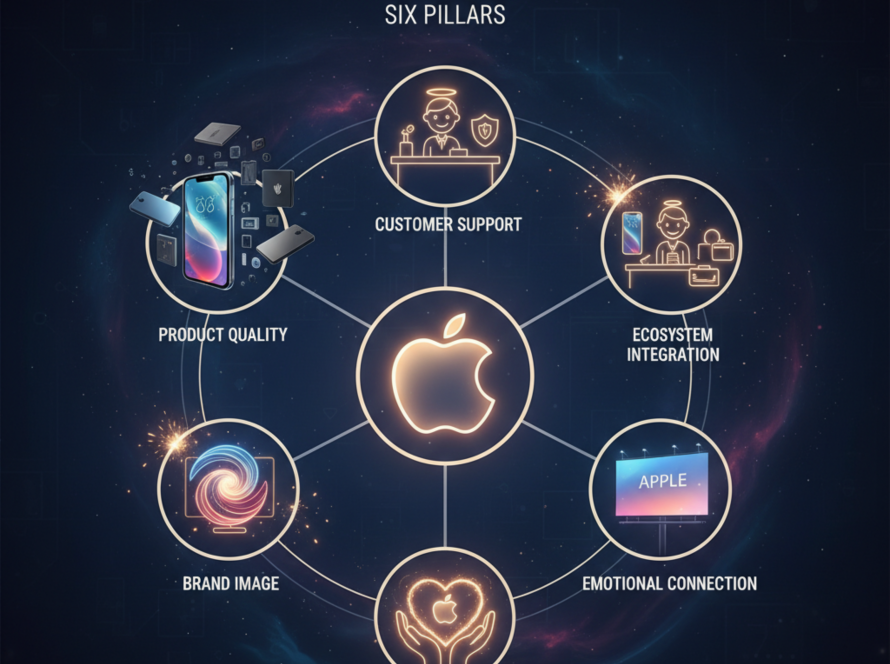As the digital landscape evolves, shoppers—especially Gen Z—are increasingly spending time online, exploring the emerging possibilities of the metaverse. For fashion and luxury brands, understanding this frontier is crucial. Here’s what industry players need to know to engage with this dynamic new realm.
What is the Metaverse?
The metaverse is often described as a hyper-interactive, creative digital environment where people can work, play, socialize, and shop. While it’s still in its infancy, interest in its potential is soaring. For brands, the metaverse represents a unique opportunity to connect with tech-savvy consumers, particularly those in Gen Z.
Understanding the Shift in Consumer Behaviour
Gen Z spends an average of eight hours a day on screens, making digital interaction a natural extension of their daily lives. Personal expression holds significant value for this generation, with fashion being one of their primary outlets for self-indulgence. As Robert Triefus, chief marketing officer at Gucci, points out, there’s an increasing demand for “second worlds” where individuals can express themselves through virtual products and personas.
Gucci has already ventured into this space, launching the Gucci Garden in Roblox, which attracted 19 million visitors. This engagement highlights the potential of the $176 billion gaming industry, which boasts over three billion players globally. Fashion brands are keenly aware of the appeal of building communities within these virtual environments.
The Role of Gaming in Fashion
Gaming is rapidly becoming an extension of the real world, and the pandemic has accelerated participation rates. Fashion brands like Ralph Lauren are capitalizing on this trend. Their collaboration with the South Korean social network Zepeto allowed users to dress their avatars in exclusive virtual fashion collections.
Simon Windsor, co-founder of Dimension Studio, emphasizes that the integration of digital fashion is akin to applying social media filters on platforms like Instagram. We are on the brink of a new era where the definition of fashion itself may evolve.
Harnessing Technology: AI and AR
Artificial intelligence and augmented reality are poised to revolutionize the fashion industry by introducing new business models that leverage virtual fashion. Technologies that offer 360-degree views have been utilized to showcase seasonal collections in online showrooms, and models have walked 3D virtual runways, bringing a new dimension to fashion presentations.
The Rise of NFTs in Fashion
Nonfungible tokens (NFTs) have exploded in popularity within virtual environments. These unique crypto assets, whose authenticity is verified on blockchains, are bought, sold, and exchanged in the metaverse. In 2021, digital artist Beeple made headlines when one of his NFTs sold for a staggering $69.3 million at Christie’s auction house.
According to Karinna Nobbs, co-CEO of NFT marketplace The Dematerialised, NFTs could fundamentally transform how we view digital ownership and the creative economy. For fashion brands, NFTs offer a way to authenticate products and create collectible pieces. Recently, Louis Vuitton launched a video game featuring collectible NFTs, designed in part by Beeple, celebrating its 200th anniversary.
Monetization and Community Building
While the marketing potential of digital fashion assets is undeniable, monetization opportunities hinge on the principles of scarcity and limited editions that drive NFT enthusiasm. Additionally, the security of authentication and the potential for community engagement are crucial factors.
However, brands should remain vigilant regarding the environmental impact of blockchain technologies and the risks associated with cybersecurity. For example, a cyberattack on Banksy’s website resulted in a collector unwittingly purchasing a counterfeit NFT for over $330,000.
Navigating New Opportunities
The fashion industry’s exploration of the metaverse presents exciting opportunities for consumer engagement. While the future of this rapidly evolving digital universe is uncertain, the potential it holds for luxury brands, retailers, and consumers is undeniably thrilling. As the industry adapts to these changes, embracing a metaverse mindset could pave the way for innovative strategies and deeper connections with consumers.
Click here to read more: https://www.mckinsey.com/industries/retail/our-insights/how-the-fashion-industry-can-get-into-a-metaverse-mindset#/
As the apparel industry navigates these transformative trends, the need for skilled professionals who can lead the charge becomes increasingly critical. Our MSc in Fashion, Apparel, and Luxury Management equips students with the knowledge and tools to tackle these challenges head-on. Your journey toward leadership in this dynamic field starts here: https://next.lk/msc-fashion-apparel-and-luxury-management/



